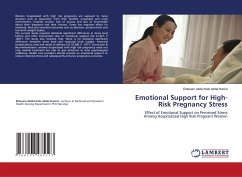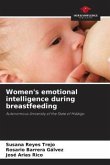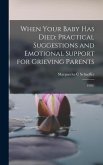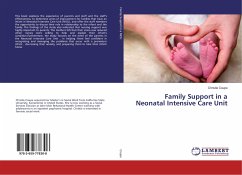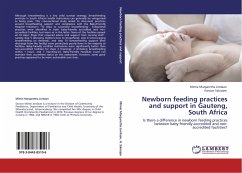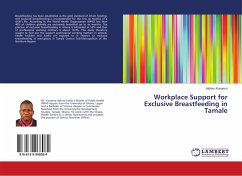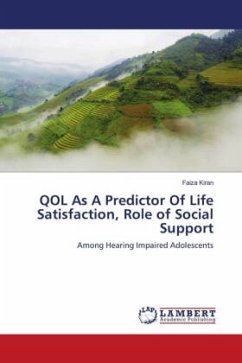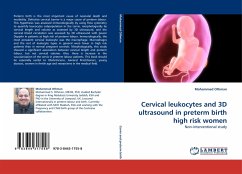Women hospitalized with high risk pregnancy are exposed to many stressors such as separation from their families, unsuitable and noisy environment, hospital routine, lack of privacy and lack of knowledge about their diagnosis and their fetuses. Stress has negative effect on maternal, fetal and neonatal outcomes such as abortion, preterm birth and low birth weight babies. The current study revealed statistical significant difference in stress level before and after intervention due to emotional support (X2 41.627, P .000_). The study also revealed that, there is no statistical significant difference between stress level and neonatal birth weight, neonatal complications, time and mode of delivery (X2 18.280, P .107_). Conclusion & Recommendation: women hospitalized with high risk pregnancy need not only medical treatment but also to give attention to their psychological wellbeing. Health care providers should provide an emotional support to reduce maternal stress and subsequently enhance pregnancy outcomes.
Bitte wählen Sie Ihr Anliegen aus.
Rechnungen
Retourenschein anfordern
Bestellstatus
Storno

